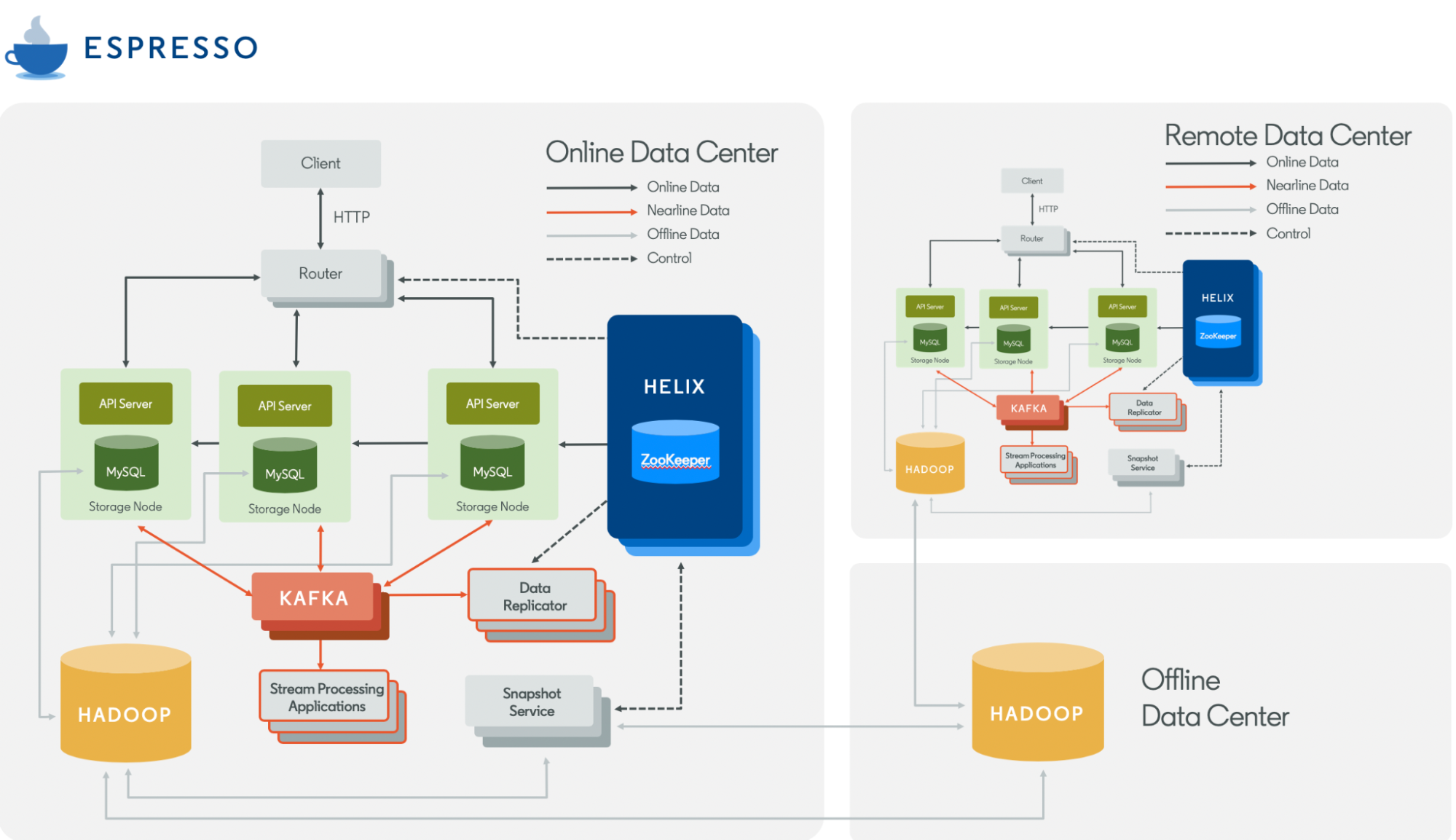Reducing context switches when acquiring a connection
In the HTTP/2 implementation, each router maintains 10 connections to every storage node. These connections serve as communication pathways for the router I/O threads interfacing with the storage node. Previously, we utilized Netty’s FixedChannelPool implementation to oversee connection pools, handling tasks like acquiring, releasing, and establishing new connections.
However, the underlying queue within Netty’s implementation is not inherently thread-safe. To obtain a connection from the pool, the requesting worker thread must engage the I/O worker overseeing the pool. This process led to two context switches. To resolve this, we developed a derivative of the Netty pool implementation that employs a high-performance, thread-safe queue. Now, the task is executed by the requesting thread instead of a distinct I/O thread, effectively eliminating the need for context switches.
Improvements to SSL Performance
The following section describes various optimizations to improve the SSL performance.
Offloading DNS lookup and handshake to separate thread pool
During an SSL handshake, the DNS lookup procedure for resolving a hostname to an IP address functions as a blocking operation. Consequently, the I/O thread responsible for executing the handshake might be held up for the entirety of the DNS lookup process. This delay can result in request timeouts and other issues, especially when managing a substantial influx of incoming connections concurrently.
To tackle this concern, we developed an SSL initializer that conducts the DNS lookup on a different thread prior to initiating the handshake. This method involves passing the InetAddress, that contains both the IP address and hostname, to the SSL handshake procedure, effectively circumventing the need for a DNS lookup during the handshake.
Enabling Native SSL encryption/decryption
Java’s default built-in SSL implementation carries a significant performance overhead. Netty offers a JNI-based SSL engine that demonstrates exceptional efficiency in both CPU and memory utilization. Upon enabling OpenSSL within the storage layer, we observed a notable 10% reduction in latency. (The router layer already utilizes OpenSSL.)
To employ Netty Native SSL, one must include the pertinent Netty Native dependencies, as it interfaces with OpenSSL through the JNI (Java Native Interface). For more detailed information, please refer to https://netty.io/wiki/forked-tomcat-native.html.
Improvements to Encode/Decode performance
This section focuses on the performance improvements we made when converting bytes to Http objects and vice versa. Approximately 20% of our CPU cycles are spent on encode/decode bytes. Unlike a typical service, Espresso has very rich headers. Our HTTP/2 implementation involves wrapping the existing HTTP/1.1 pipeline with HTTP/2 functionality. While the HTTP/2 layer handles network communication, the core business logic resides within the HTTP/1.1 layer. Due to this, each incoming request required the conversion of HTTP/2 requests to HTTP/1.1 and vice versa, which resulted in high CPU usage, memory consumption, and garbage creation.
To improve performance, we have implemented a custom codec designed for efficient handling of HTTP headers. We introduced a new type of request class named Http1Request. This class effectively encapsulates an HTTP/2 request as an HTTP/1.1 by utilizing wrapped Http2 headers. The primary objective behind this approach is to avoid the expensive task of converting HTTP/1.1 headers to HTTP/2 and vice versa.
For example:










